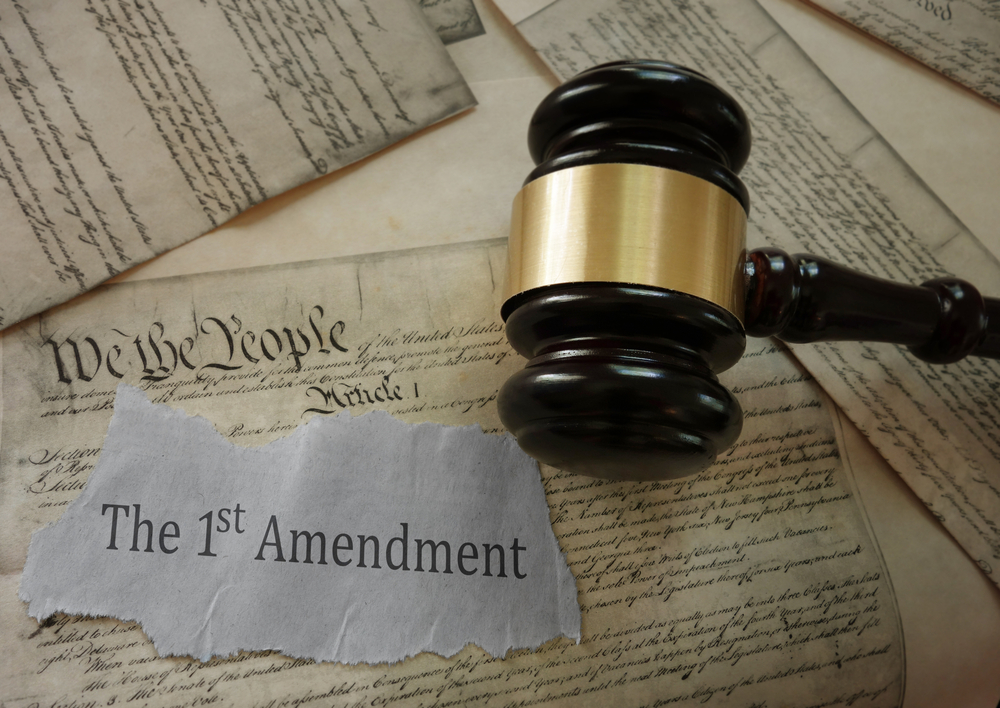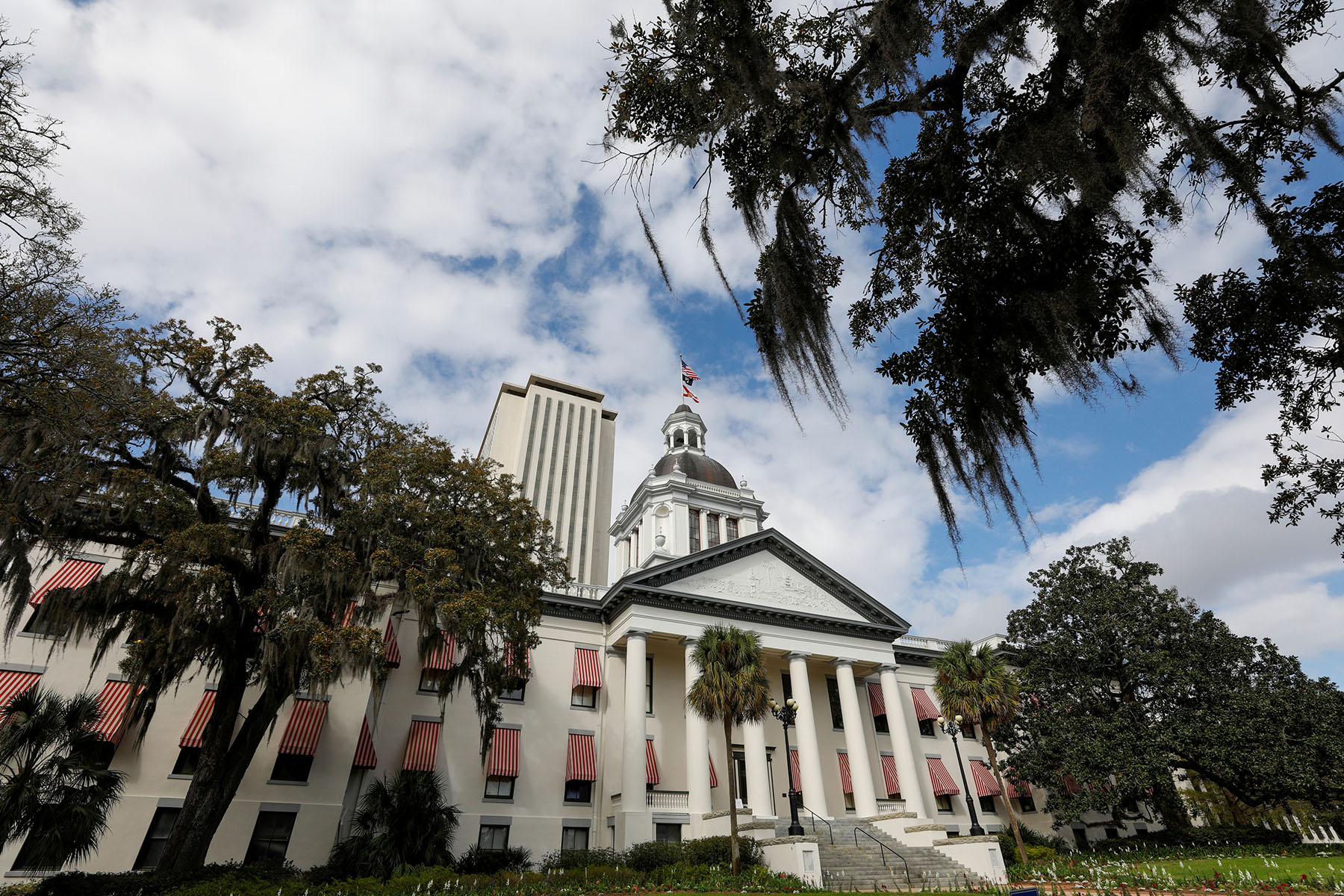The Illinois Supreme Court reversed a lower court’s ruling that a state law which criminalized “revenge porn” was an unconstitutional restriction on the right to free speech.
The case involves a woman, Bethany Austen, who was charged with a felony after she circulated nude images of a neighbor who was having an affair with her then-boyfriend.
In 2018, the circuit court of McHenry County dismissed Austen’s charge, ruling that the statute was an impermissible restriction on the right to free speech. The State immediately filed an appeal challenging that decision.
On October 18, 2019, Justice Scott Neville, writing on behalf of the majority, said that the Illinois high court had determined that the nonconsensual dissemination of private sexual images is not protected speech. “… First Amendment protections are less rigorous where matters of purely private significance are at issue,” he wrote.
The opinion also refuted the circuit court’s analysis around the expectation of privacy when texting private images to another party. “Given the circuit court’s factual starting point, the boyfriend to whom a nude selfie is sent is the second party to the private communication—not a third party. As a consequence, a girlfriend who transmits such a photo does not automatically relinquish ‘all expectations of privacy in the images’ as the circuit court hypothesized. Contrary to the circuit court’s conclusion, the sharing of a private sexual image in a personal and direct communication with an intended recipient does not demonstrate that the transmission was never intended to remain private,” it reads.
The case was remanded back to the circuit court for further proceedings.
May 21, 2019
The Illinois Supreme Court heard arguments last week over whether “revenge porn” laws are unconstitutional.
Bethany Austin was arrested and charged with a felony after she shared with her family and friends some text messages and nude photos of a neighbor who was having an affair with her boyfriend, Matthew Rychlik. Austin had access to Rychlik’s smartphone because the two shared an iCloud account.
In March, Austin filed a motion challenging the constitutionality of the state’s revenge porn law, saying that her “speech” was protected under the First Amendment.
“So called ‘revenge porn statute’ is a content-based restriction on speech that does not serve a compelling government interest, it is not narrowly tailored, and it does not use the least restrictive means to accomplish the alleged compelling interest,” the complaint says.
The First Amendment protects speech that is “offensive or disagreeable,” but doesn’t protect certain types of speech such as obscenity, true threats, incitements of violence, or public disclosure of private information that is not newsworthy.
Austin’s complaint contends that the nude photos aren’t private facts since they were given freely to Rychlik. But even if they are considered private in some circumstances, “the right to privacy is not a separate category of unprotected speech, and as such, that right must be balanced against the strict scrutiny, intermediate or rational basis standard, depending on the type of speech being restricted,” the motion says.
Currently, 45 states have some form of “revenge porn” laws on the books, and appeals courts are increasingly being asked to weigh in on their constitutionality.
“Anytime you restrict speech on the basis of what is said or shown, it’s presumptively unconstitutional,” Andrew Koppelman, a law professor at Northwestern University, told The Washington Post. Koppleman wrote a law-review article on the matter, and concluded that because this type of speech is so new, and isn’t a category that has traditionally denied First Amendment protection, laws that prohibit revenge porn violate the First Amendment.
The Illinois Supreme Court will decide the Austin case sometime in the coming months.
The Washington Post NPR Illinois ComplaintEmory Law Review
Tags




